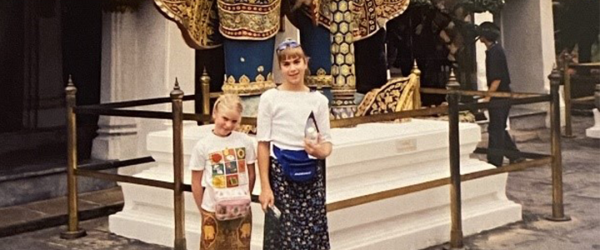
Nothing is Impossible with God
By a member of SEND’s Romania | Europe team
You might be wondering how I ended up in Romania. The short answer is—God brought me here. My calling to overseas missions began long before I recognized it. At age four, I understood and received the message of salvation. In that moment, I simply believed that Jesus died on the cross, rose from the dead to save me from my sins, and gave me a home with him forever. Although I wasn’t fully aware of the amazing transformation God brought about in my life that day, I had stepped into a new life, received a new identity in Christ, and been entrusted with a new mission. As I grew older, I learned how to develop my relationship with my Heavenly Father through the study of his word and prayer.
Early seeds planted
As a young girl, I was mesmerized by the stories of missionaries who would visit my church, share fascinating pictures, and give remarkable accounts of God’s work in foreign lands. I remember thinking that I would be interested in becoming a missionary, but I had no idea what steps I needed to take. Plus, I had the impression that missionaries must have special qualities or skills that I did not possess. The possibility of me being a missionary seemed inaccessible, so although my heart was open, I dismissed the thought for a while.
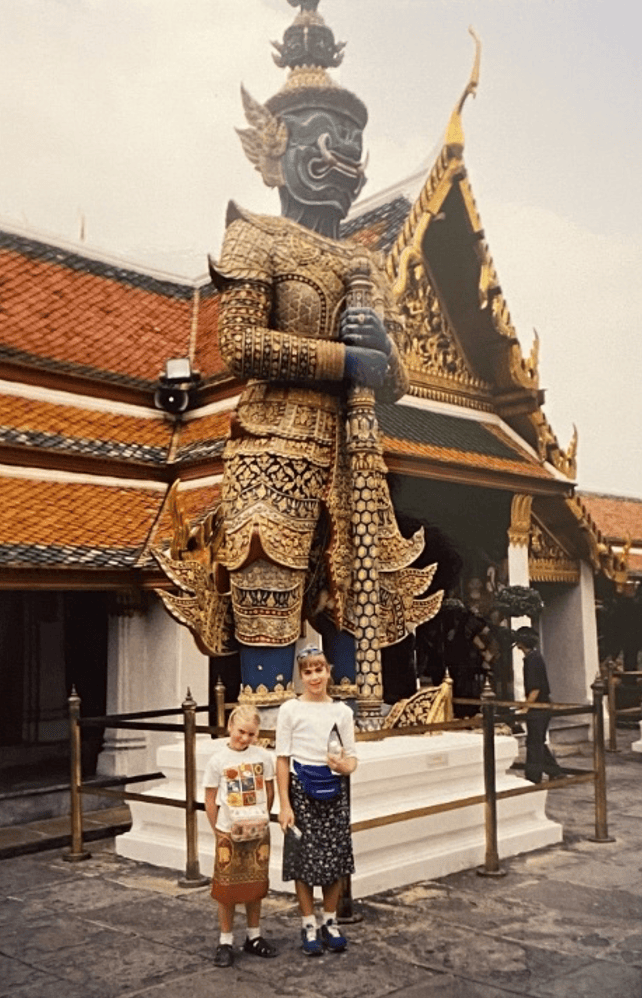 When I was 11 years old, my grandparents planned a family trip to Thailand. It was an eye-opening experience to say the least. One of the most impactful moments for me was visiting a Buddhist temple. I marveled at the vast amounts of gold and the intricate artistry devoted to the worship of idols who could not rescue people from their profound hopelessness. As I watched individuals bowing down to idols, burning incense, and chanting, my heart broke for them. They were so sincere, but they did not know the one who gave them life and died to save them from their sins. From that time on, the nations of the world felt much closer, and I could more clearly imagine myself serving the Lord in another country.
When I was 11 years old, my grandparents planned a family trip to Thailand. It was an eye-opening experience to say the least. One of the most impactful moments for me was visiting a Buddhist temple. I marveled at the vast amounts of gold and the intricate artistry devoted to the worship of idols who could not rescue people from their profound hopelessness. As I watched individuals bowing down to idols, burning incense, and chanting, my heart broke for them. They were so sincere, but they did not know the one who gave them life and died to save them from their sins. From that time on, the nations of the world felt much closer, and I could more clearly imagine myself serving the Lord in another country.
Drawn to youth ministry
Throughout middle school and high school, God gave me the opportunity to engage in “local ministry” in my hometown as well as in several other states. I loved helping with Vacation Bible School during the summer and participating in my school’s choir that traveled around to various churches. In college, I recognized God tugging my heart toward working with teens, so I became a youth leader at my church.
During my college years, the Lord increased by burden for the lost through a variety of experiences. At the age of 20, I went on a short-term mission trip to Finland. I also took an Introduction to Islam class and a class about France that raised my awareness of the spiritual darkness in Europe. Until that point, I was not aware of the significant Muslim presence in Europe and the post-Christian culture that now permeates these countries. Over the next 10 years, the Lord allowed me to travel to eight more countries. The first four years after graduation, I taught science at a Christian school where I had daily interactions with Chinese exchange students, as well as students from Indian and Hispanic families.
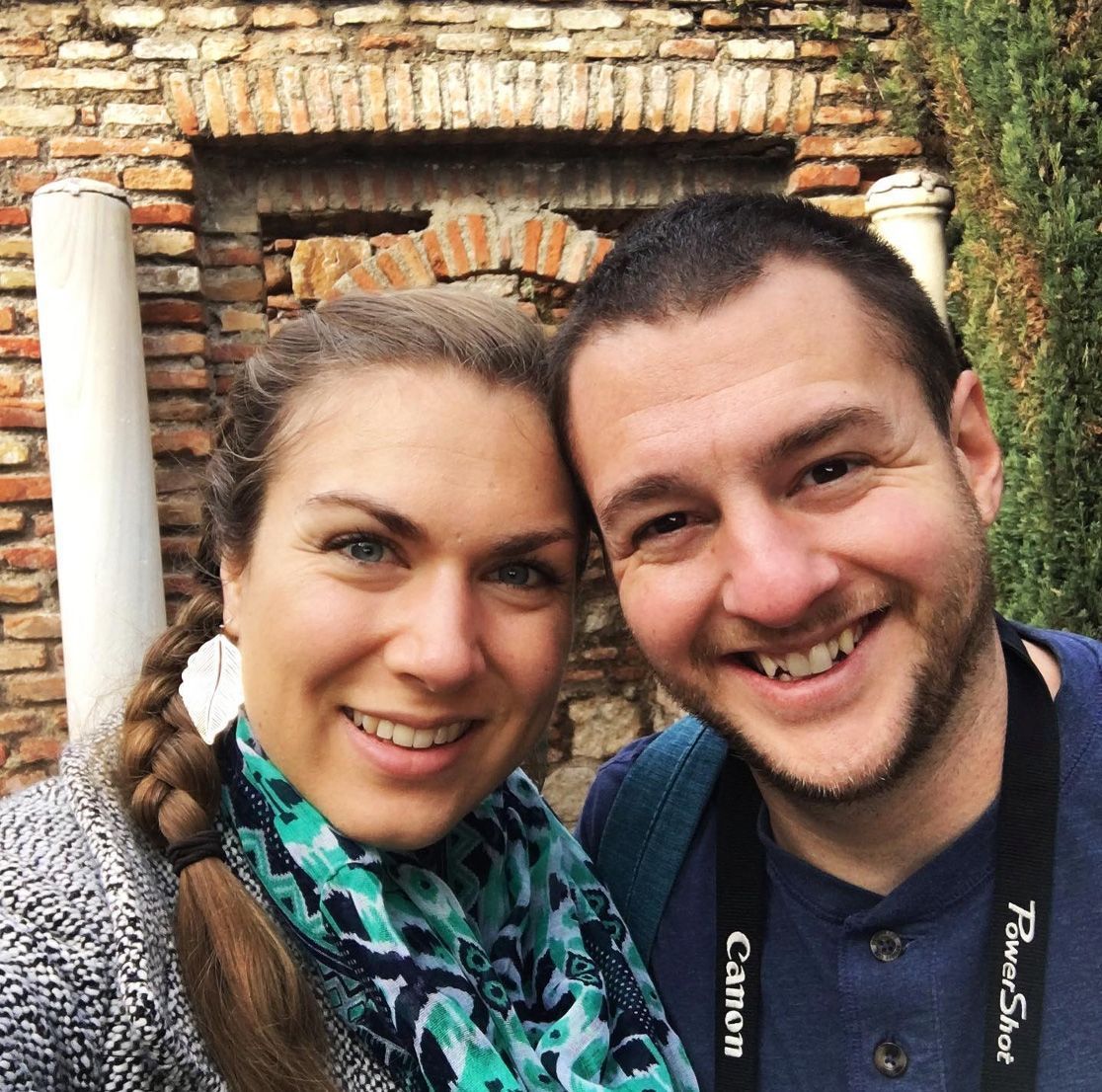 Later on, I married my husband, Jason, who grew up in a missionary family. We worked with Arabic teens and their families at our church. Having these intercultural experiences expanded my appreciation of other cultures and prepared me to live in a new context. After spending our first four years of marriage serving among our Arabic friends in the USA, we wondered if the “shifting pieces” in other areas of our life could be God’s way of moving us.
Later on, I married my husband, Jason, who grew up in a missionary family. We worked with Arabic teens and their families at our church. Having these intercultural experiences expanded my appreciation of other cultures and prepared me to live in a new context. After spending our first four years of marriage serving among our Arabic friends in the USA, we wondered if the “shifting pieces” in other areas of our life could be God’s way of moving us.
A united calling to Romania
We sought counsel from our church’s mission’s director, and he eagerly suggested we pray about overseas missions. Jason and I were open to this possibility. We started by taking a vision trip to Spain, considering Jason’s prior knowledge of the language and our interest in serving the people of Europe. God used our trip to confirm his leading into overseas missions, though we were uncertain whether we were supposed to go to Spain or somewhere else. When we returned to the USA, we recognized the need to find a mission agency that could assist us with next steps as well provide continuing accountability, support, and encouragement once we arrived in our host country. SEND International impressed us right away with their core values, good reputation among people we trusted, and our mobilizer’s personal and professional interactions with us. When we applied and were accepted, it felt like entering a family rather than just an organization. The staff made us feel seen, known, heard, and loved from the beginning.
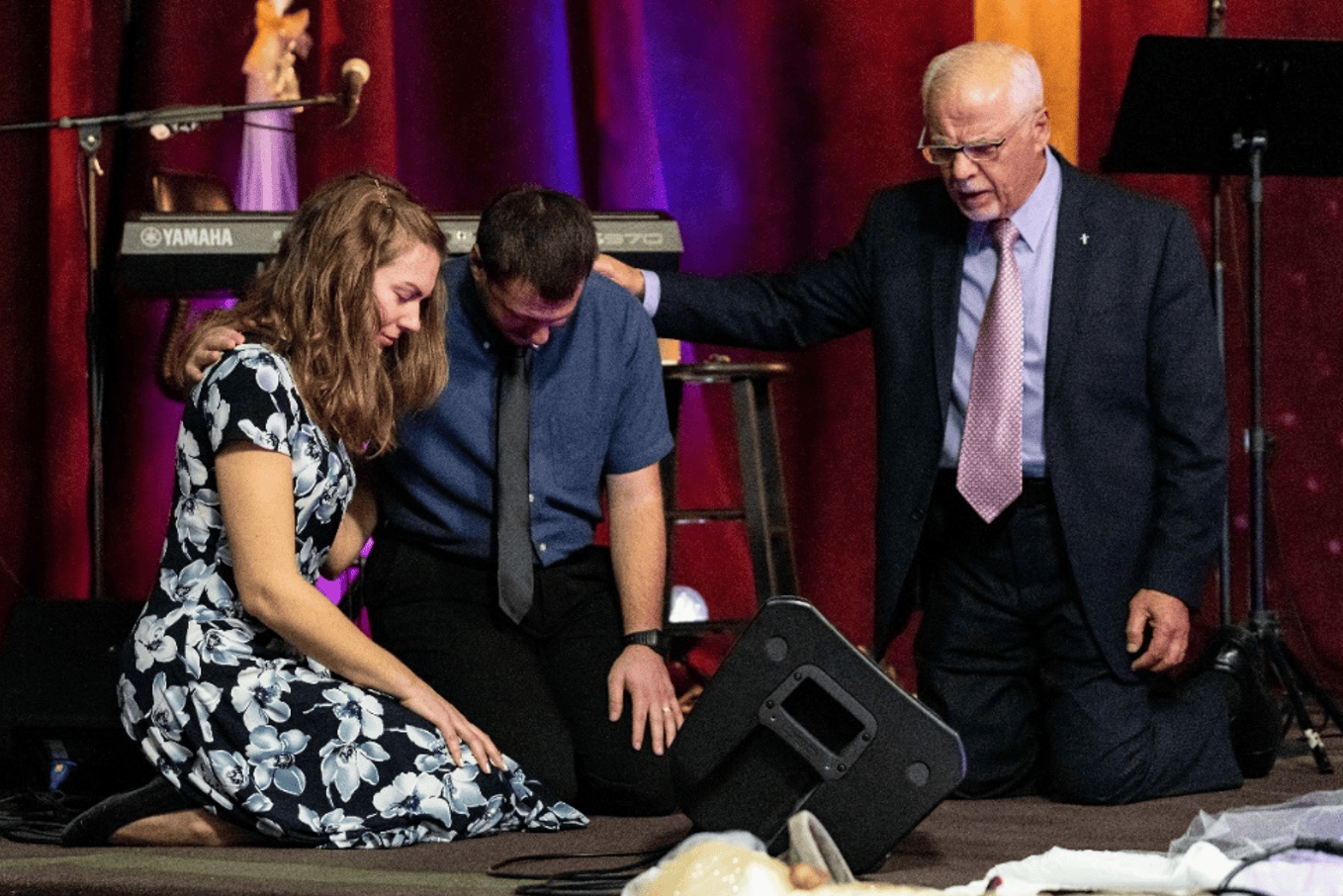 As part of this process, we had the privilege of having Zoom calls with various missionaries who serve with SEND. In one of these conversations, we met Nathan and Brittany Garrett who led the team in Romania. We sensed an immediate connection with them, and our hearts leapt when we learned of their current ministries as well as the ones they had been praying about. It seemed to be a perfect fit for our experiences and passions!
As part of this process, we had the privilege of having Zoom calls with various missionaries who serve with SEND. In one of these conversations, we met Nathan and Brittany Garrett who led the team in Romania. We sensed an immediate connection with them, and our hearts leapt when we learned of their current ministries as well as the ones they had been praying about. It seemed to be a perfect fit for our experiences and passions!
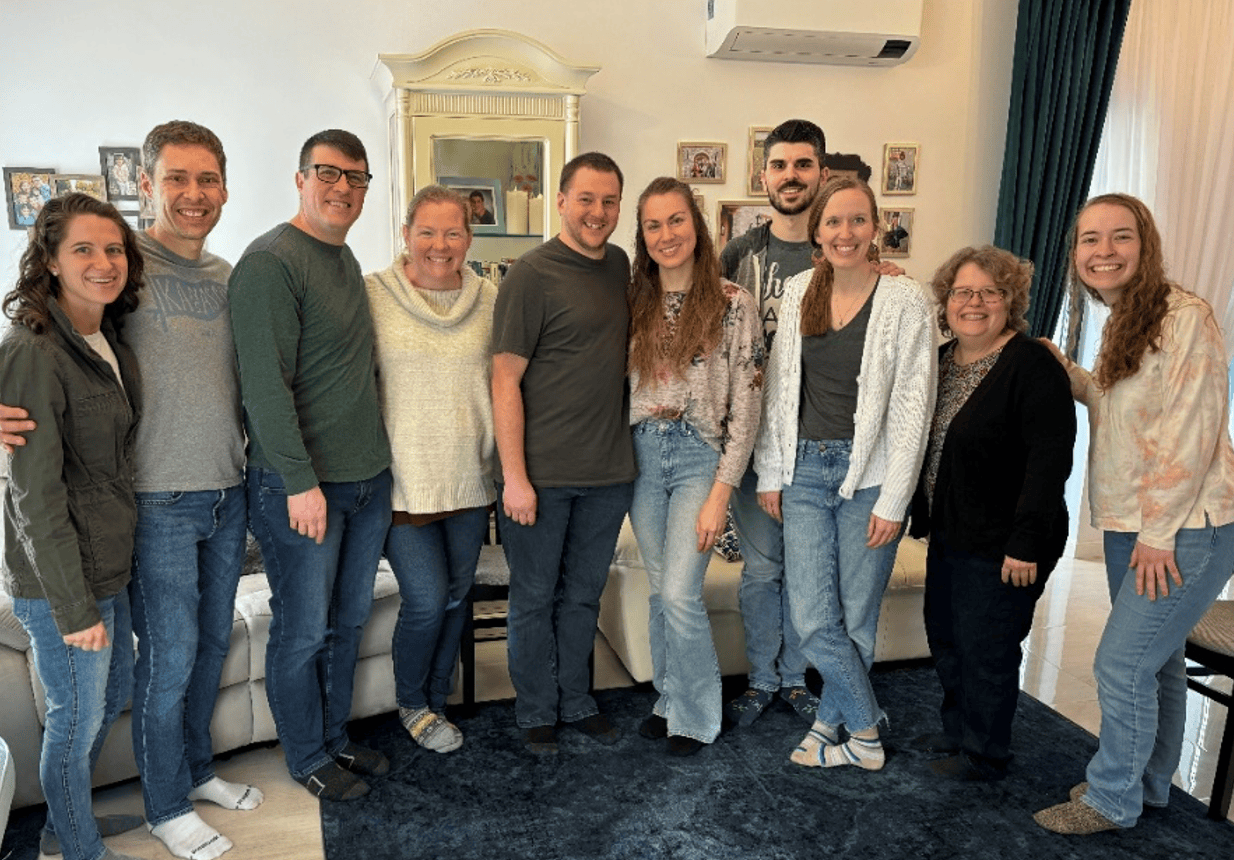 We asked the Lord if this was his will for us, and he clearly opened the door for us to proceed. One example that we will never forget is when we were reading Nehemiah’s story about how the Israelites rebuilt the wall of Jerusalem in 52 days with God’s help. Within a similar time frame, God provided financially for us to take the next step toward Romania. We have many other instances of God’s faithfulness (that would take up too much room to list here), but suffice to say, nothing is impossible with God
. Neither Jason nor I had been to Romania before we moved here, but we left with confidence and eagerness because we saw God affirming our steps along the way. Now that we have lived here for about two years, we are even more grateful for the joy of being a part of SEND Romania!
We asked the Lord if this was his will for us, and he clearly opened the door for us to proceed. One example that we will never forget is when we were reading Nehemiah’s story about how the Israelites rebuilt the wall of Jerusalem in 52 days with God’s help. Within a similar time frame, God provided financially for us to take the next step toward Romania. We have many other instances of God’s faithfulness (that would take up too much room to list here), but suffice to say, nothing is impossible with God
. Neither Jason nor I had been to Romania before we moved here, but we left with confidence and eagerness because we saw God affirming our steps along the way. Now that we have lived here for about two years, we are even more grateful for the joy of being a part of SEND Romania!
We invite you to come and explore the opportunities in Romania. Together, we can minister to the unreached in this country. Talk to a missions coach today!
Additional Posts





